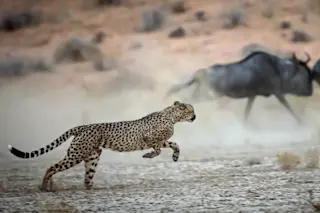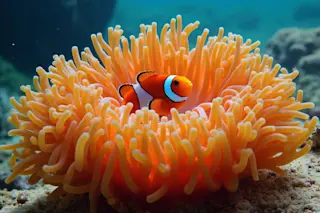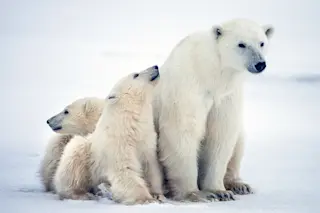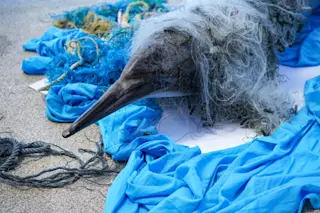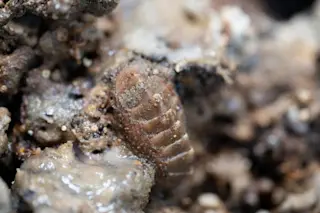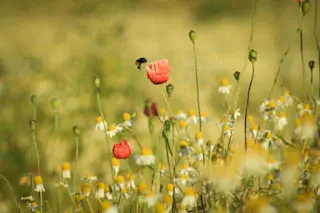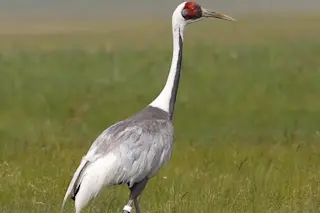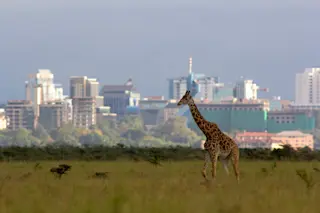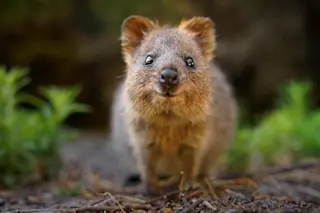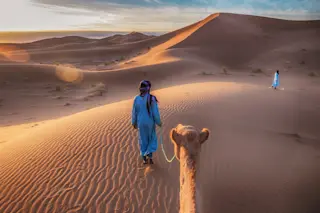(Credit: Andre Marais/Shutterstock) Finding food is a risky undertaking for wild animals. But for some predators, the element of risk, and it's twin, luck, is a much greater factor. Predators like the cheetah aren't guaranteed meals when they set out to hunt, researchers find in a new study, and that puts them at risk in rapidly changing environments. Where they once could count on getting lucky often enough to survive, a scarcity of prey now makes predators susceptible to starvation and population declines. The work could impact conservation tactics, the researchers say. “We know that animal populations across the world are taking a hit, with the most charismatic animals like lions and cheetahs being among the worst affected, but up until now it hasn’t been clear why,” Rory Wilson, a biologist at Swansea University in the United Kingdom, who led the new research, said in a statement. “Our study has ...
Predators Need A Lot Of Luck To Survive — And We're Rigging the Game Against Them
A high-risk gambling strategy for predators like cheetahs leads to starvation as prey availability dwindles, impacting conservation efforts.
More on Discover
Stay Curious
SubscribeTo The Magazine
Save up to 40% off the cover price when you subscribe to Discover magazine.
Subscribe

